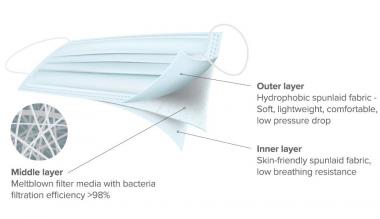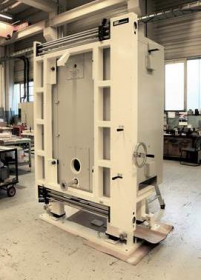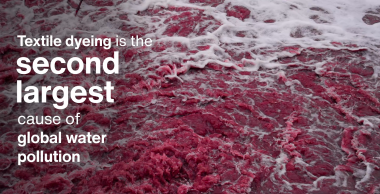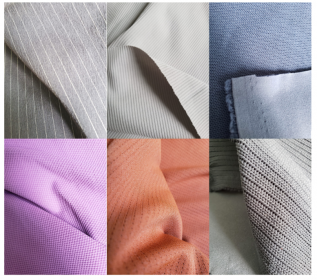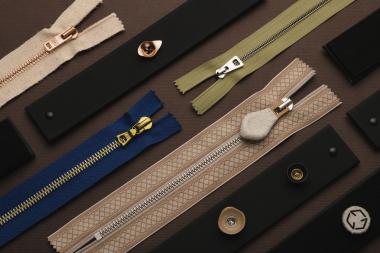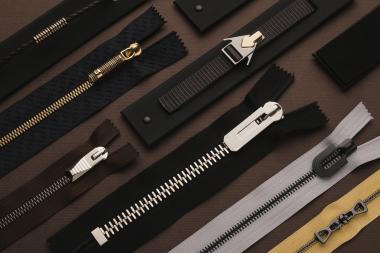Avgol® puts sustainability front and center at IDEA22
- Company underlines commitment to helping customers meet 2030 sustainability goals
Avgol® Industries 1953 Ltd, a global leader in the manufacture of high-performance nonwoven fabric solutions, will use this month’s IDEA22 to underline its commitment to helping customers meet their long-term sustainability objectives.
The company will highlight the latest work in biodegradation technology for polyolefin nonwoven fabrics at the Miami Beach event, showcasing its own range of component nonwoven fabric solutions. Together with its sister companies from Indorama Ventures Limited (‘IVL’) – who will be presenting biodegradation capable polyolefin and polyester fibers – Avgol will discuss with visitors how specific products can help businesses achieve their 2030 sustainability goals.


